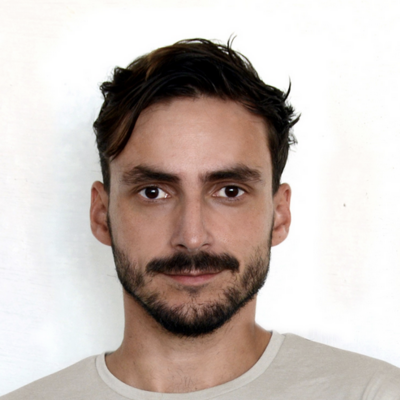

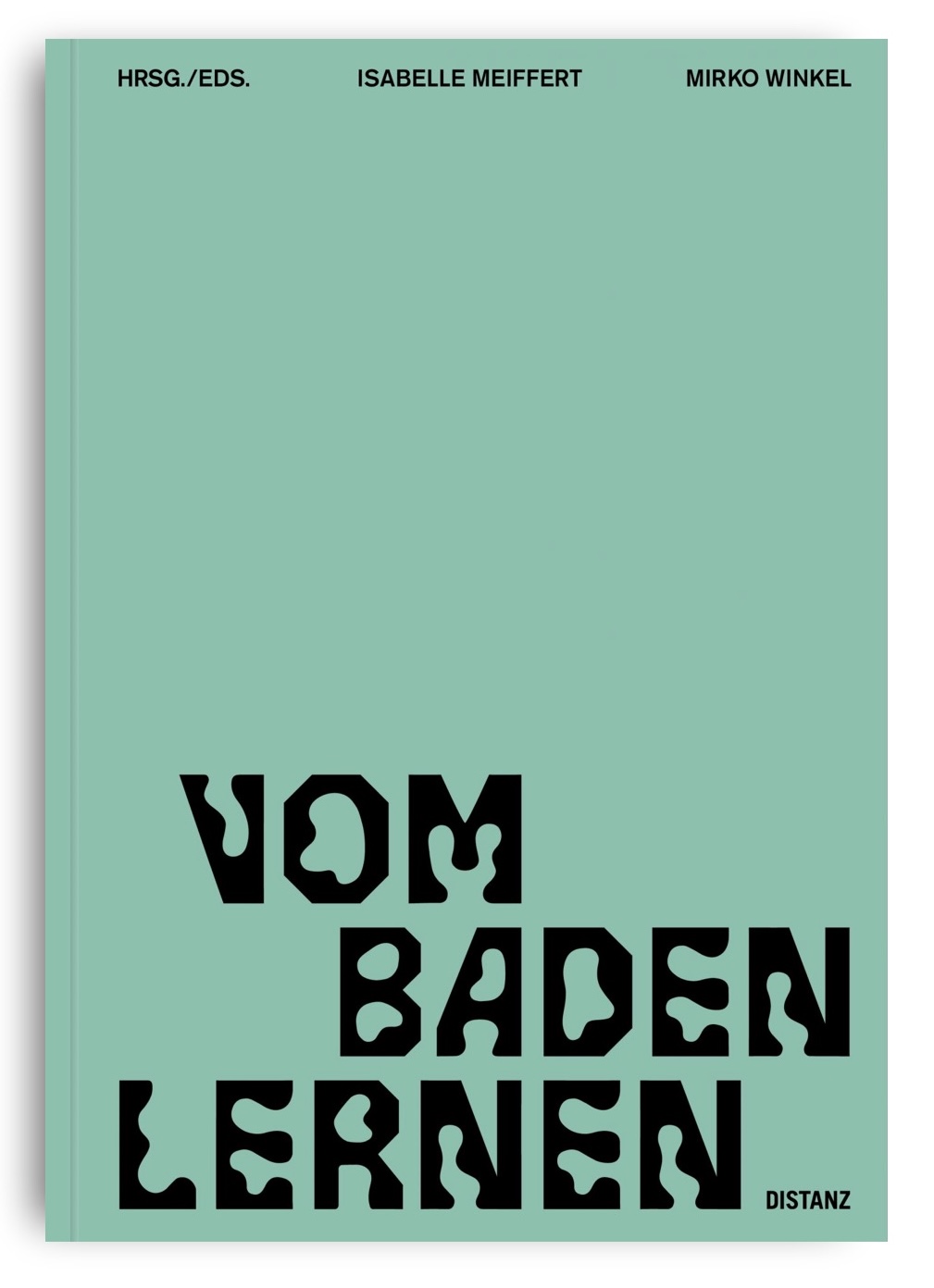
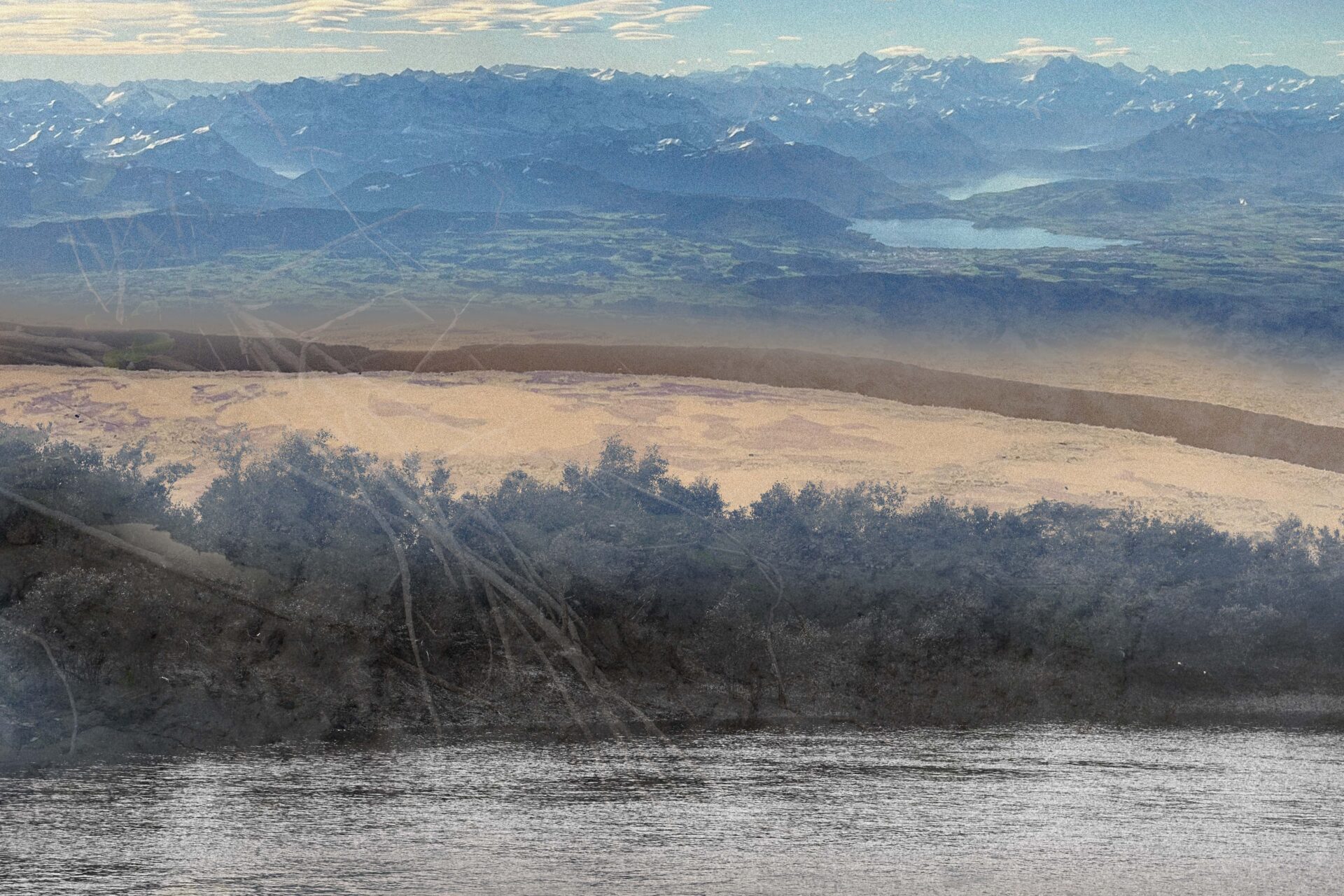
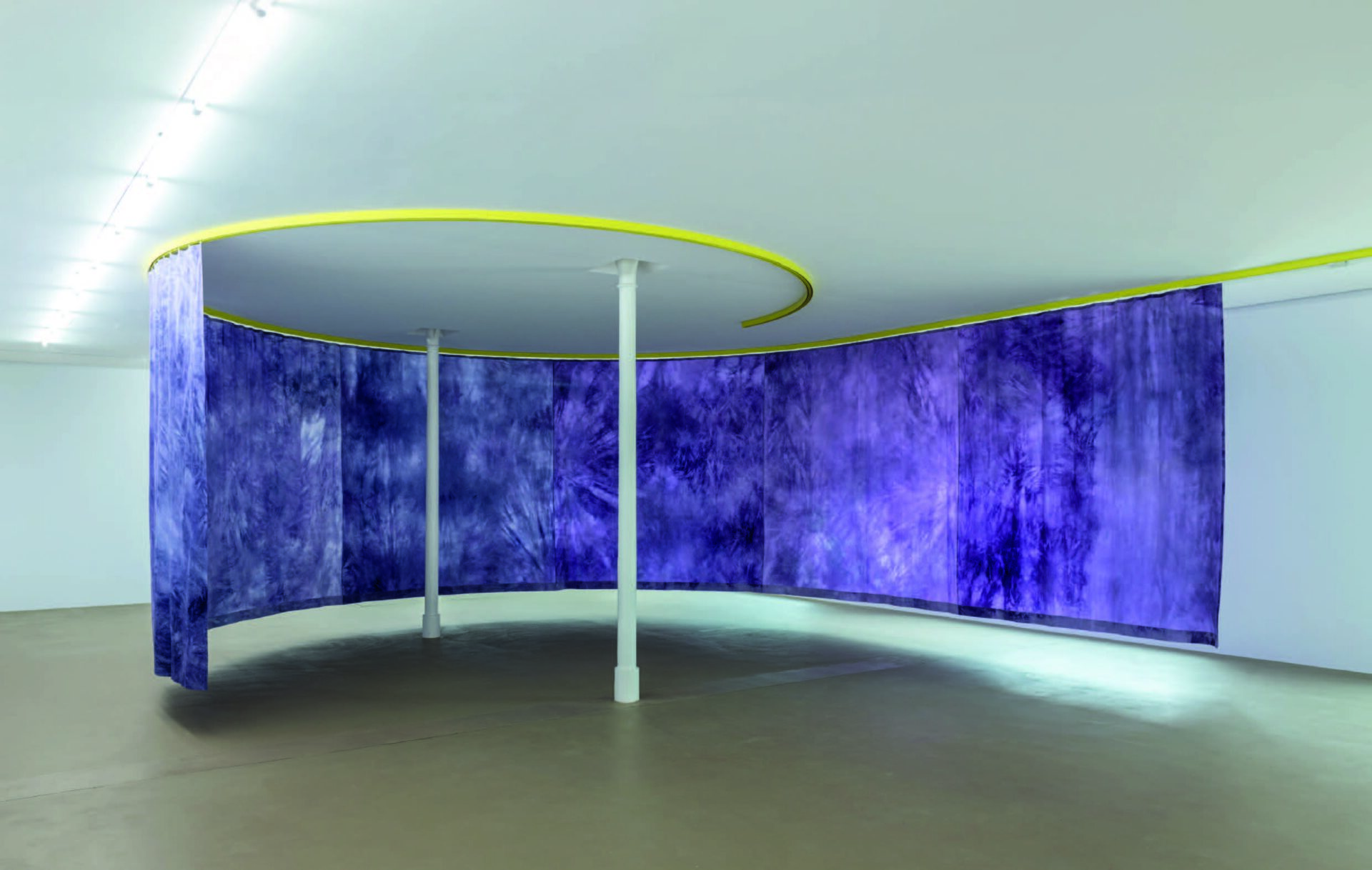

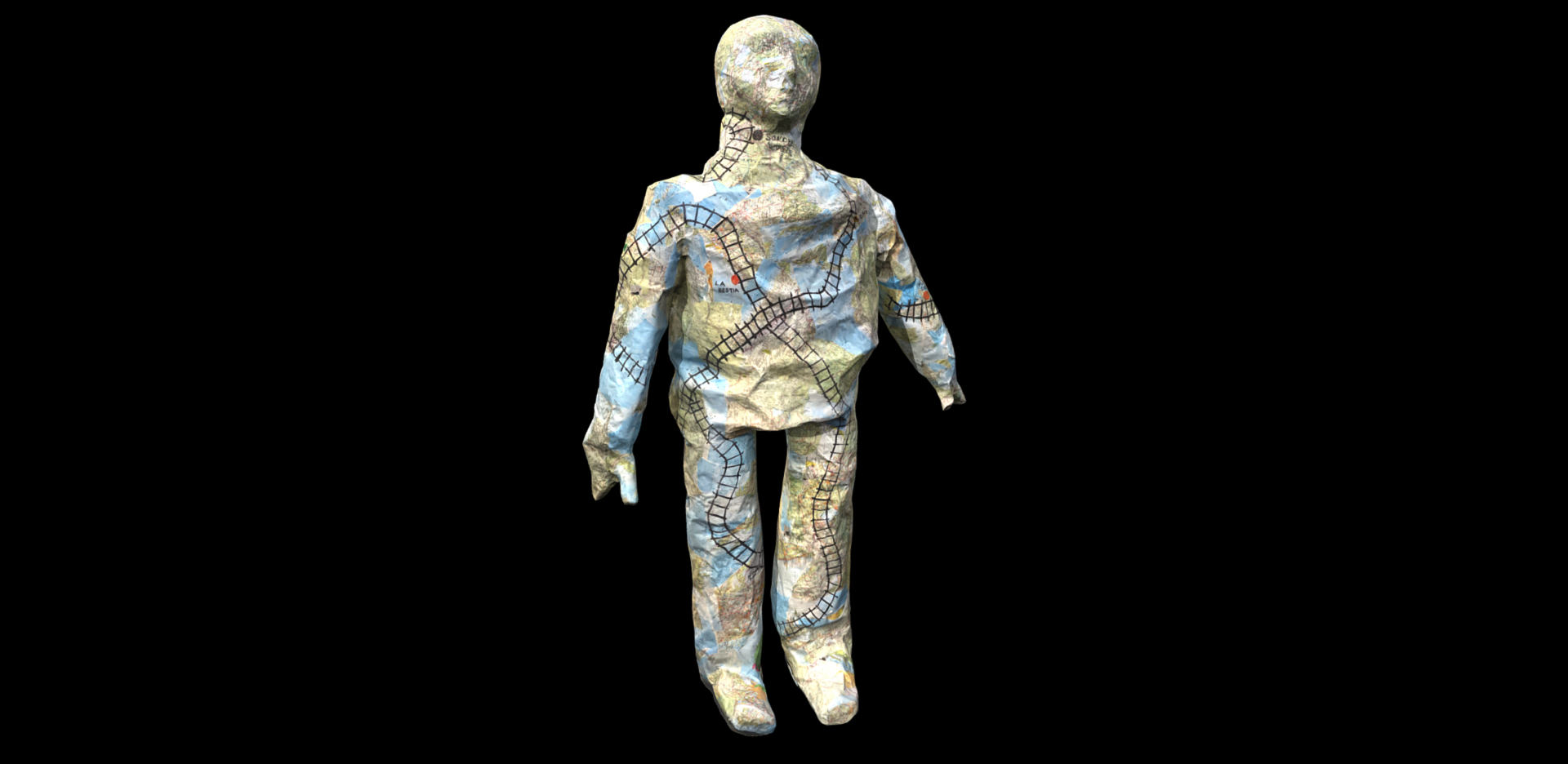
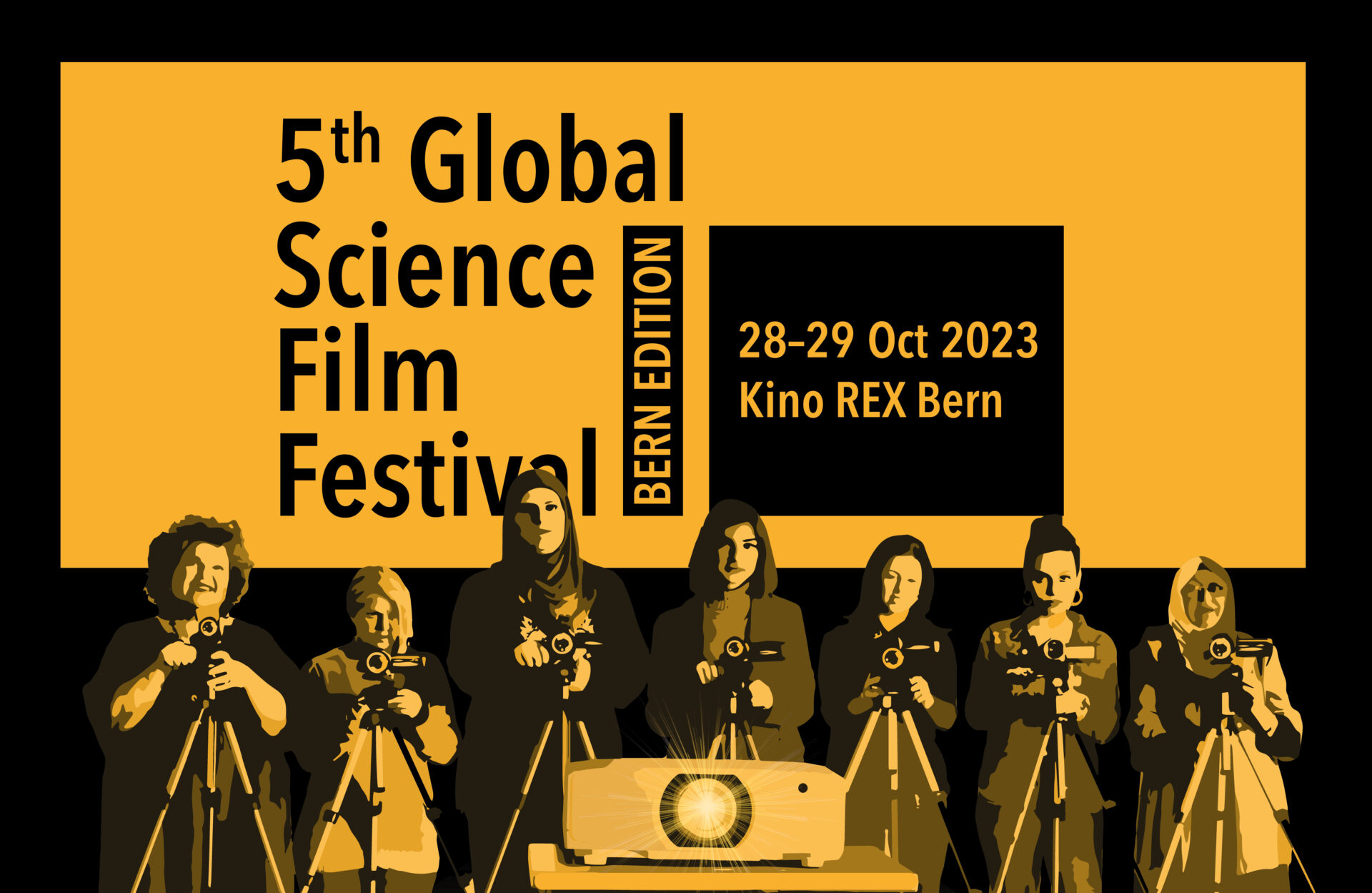
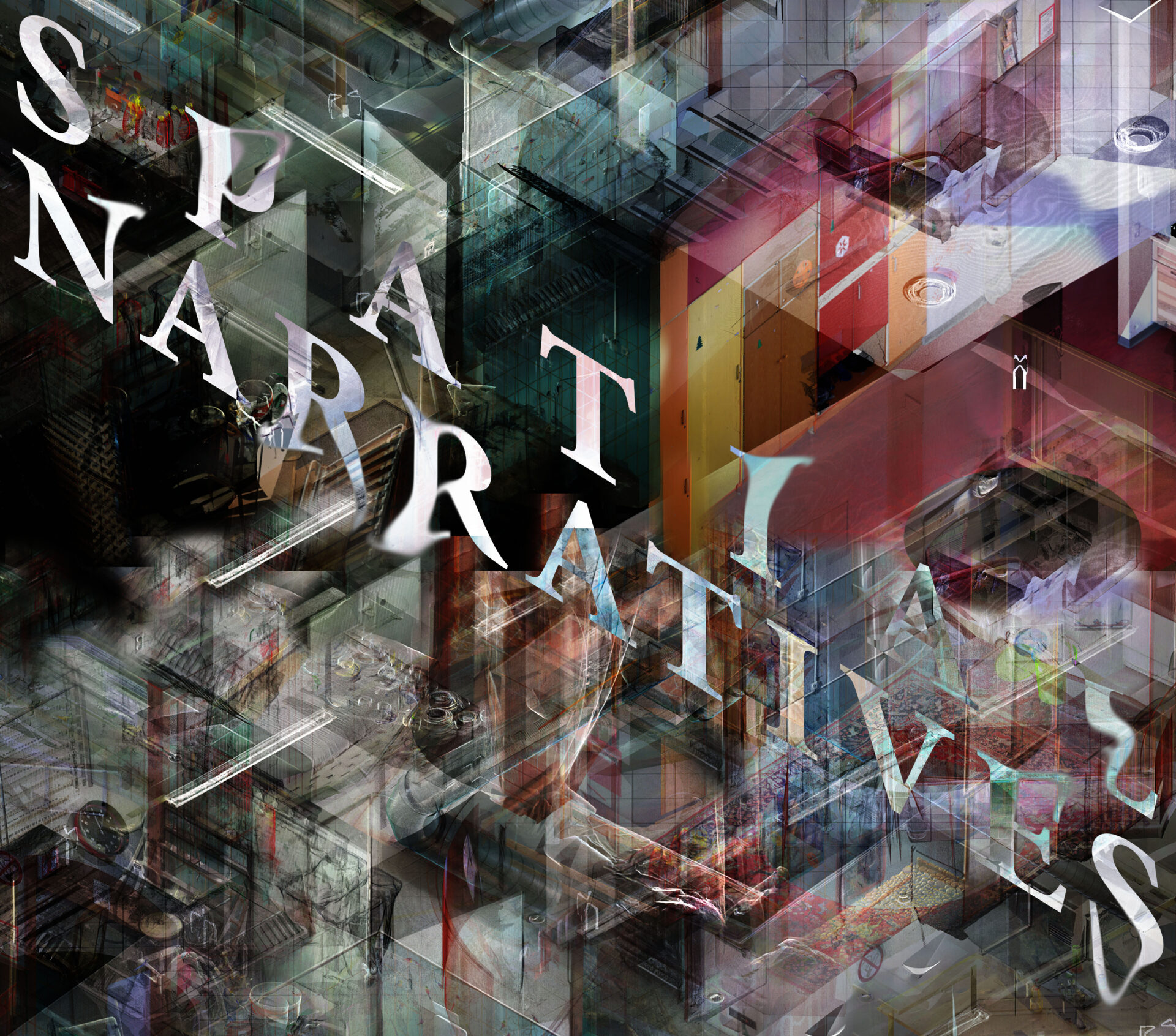
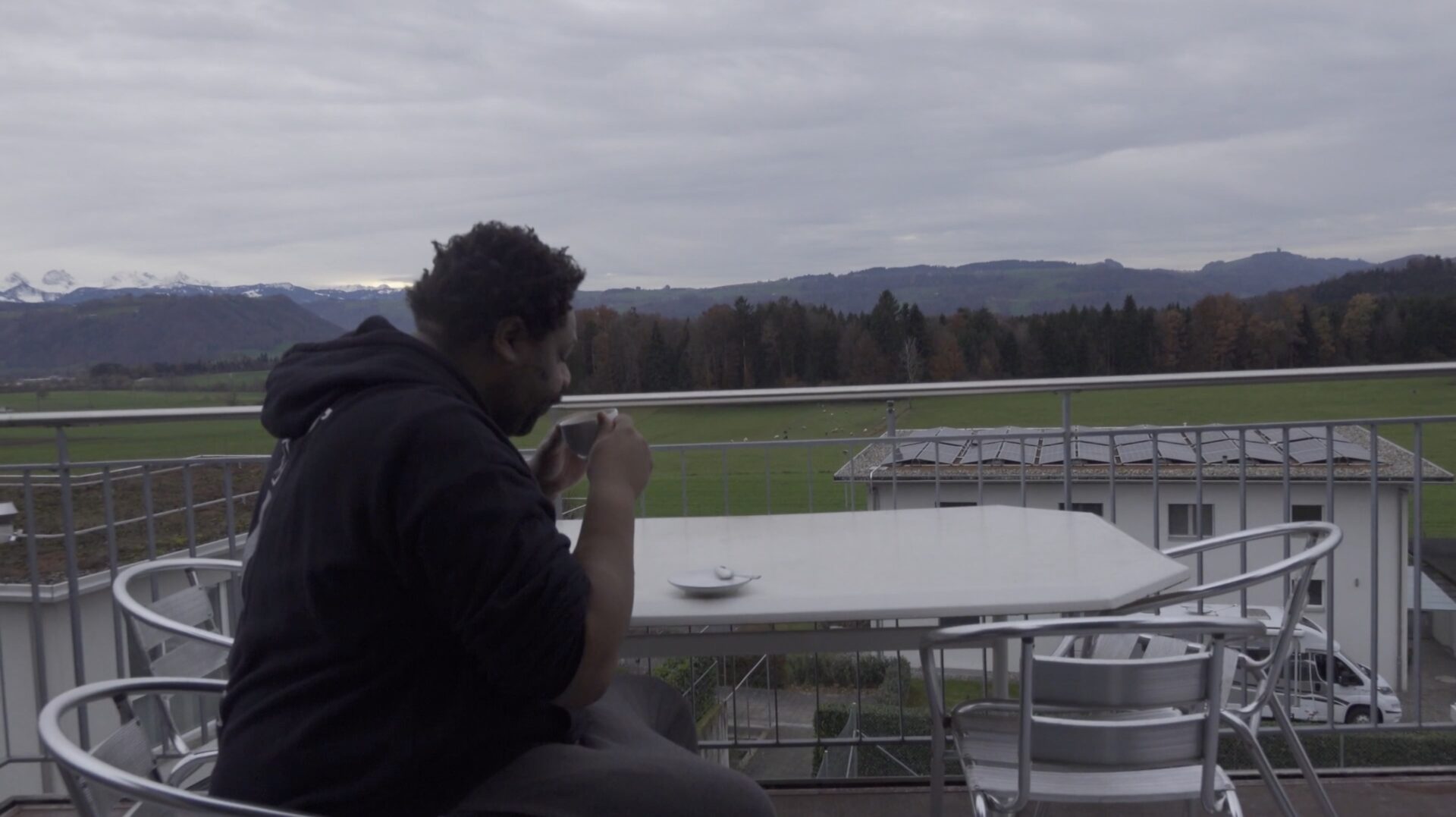
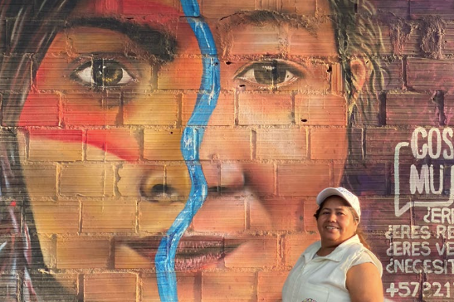



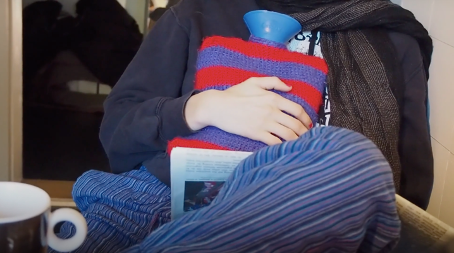


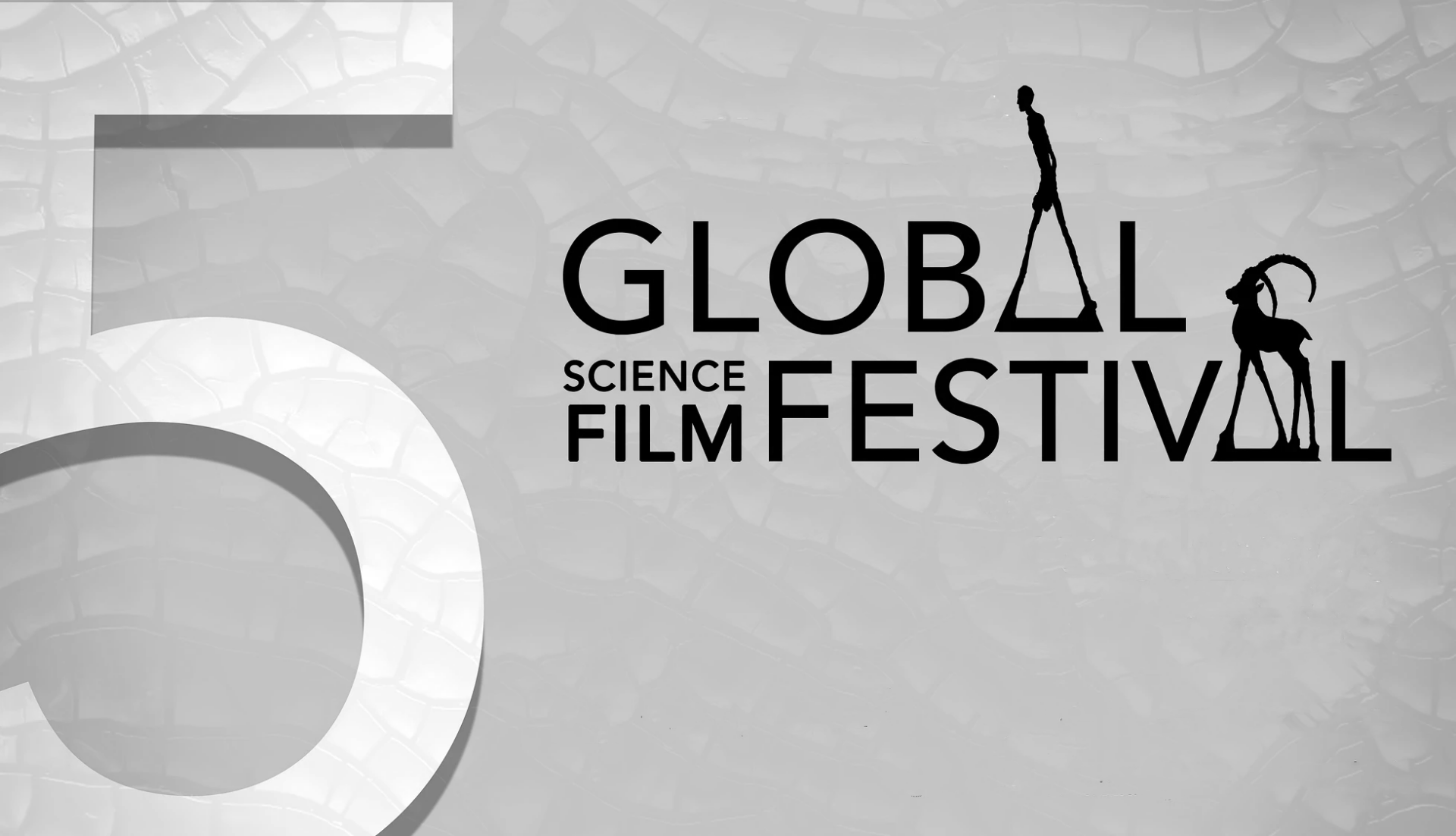

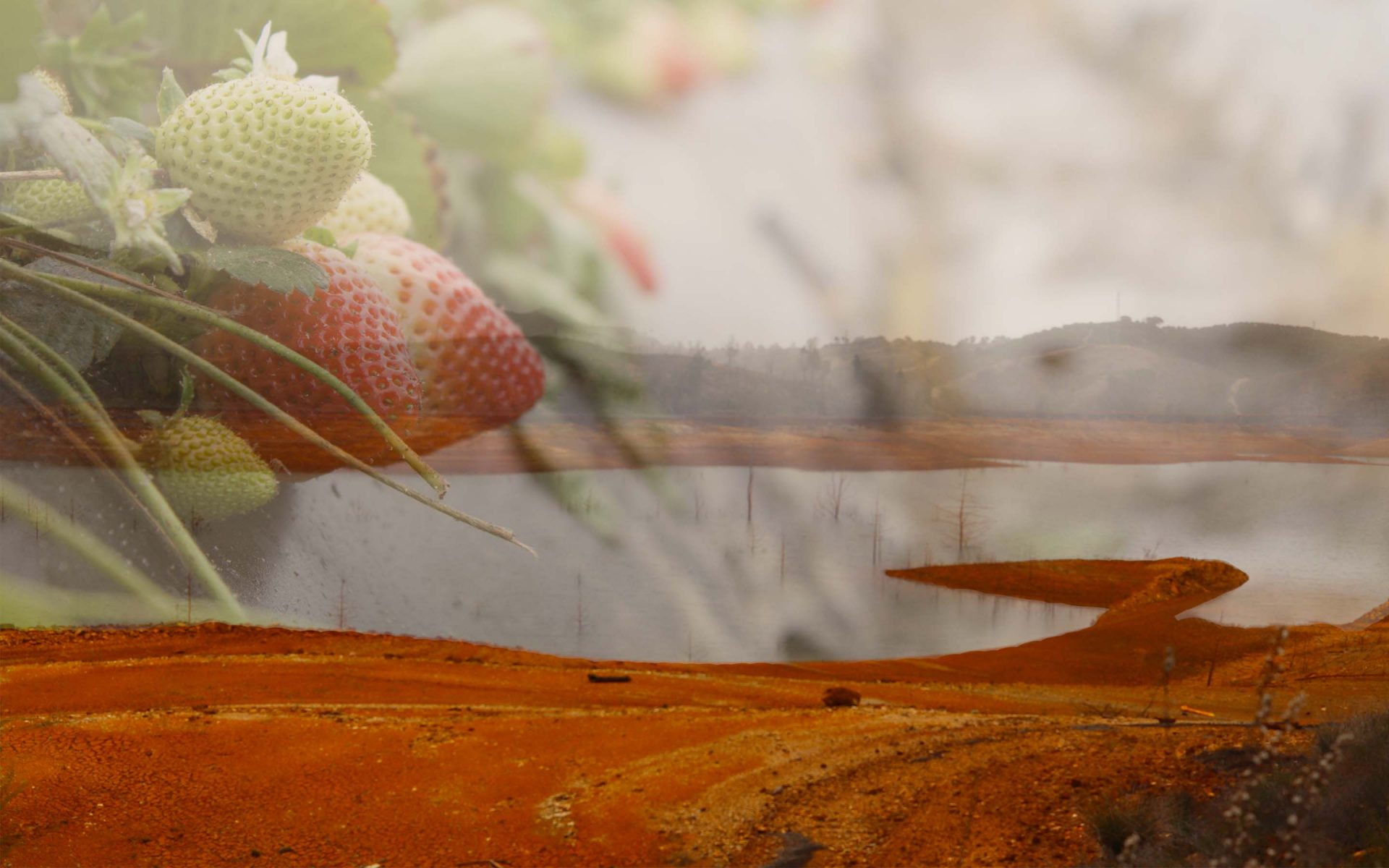
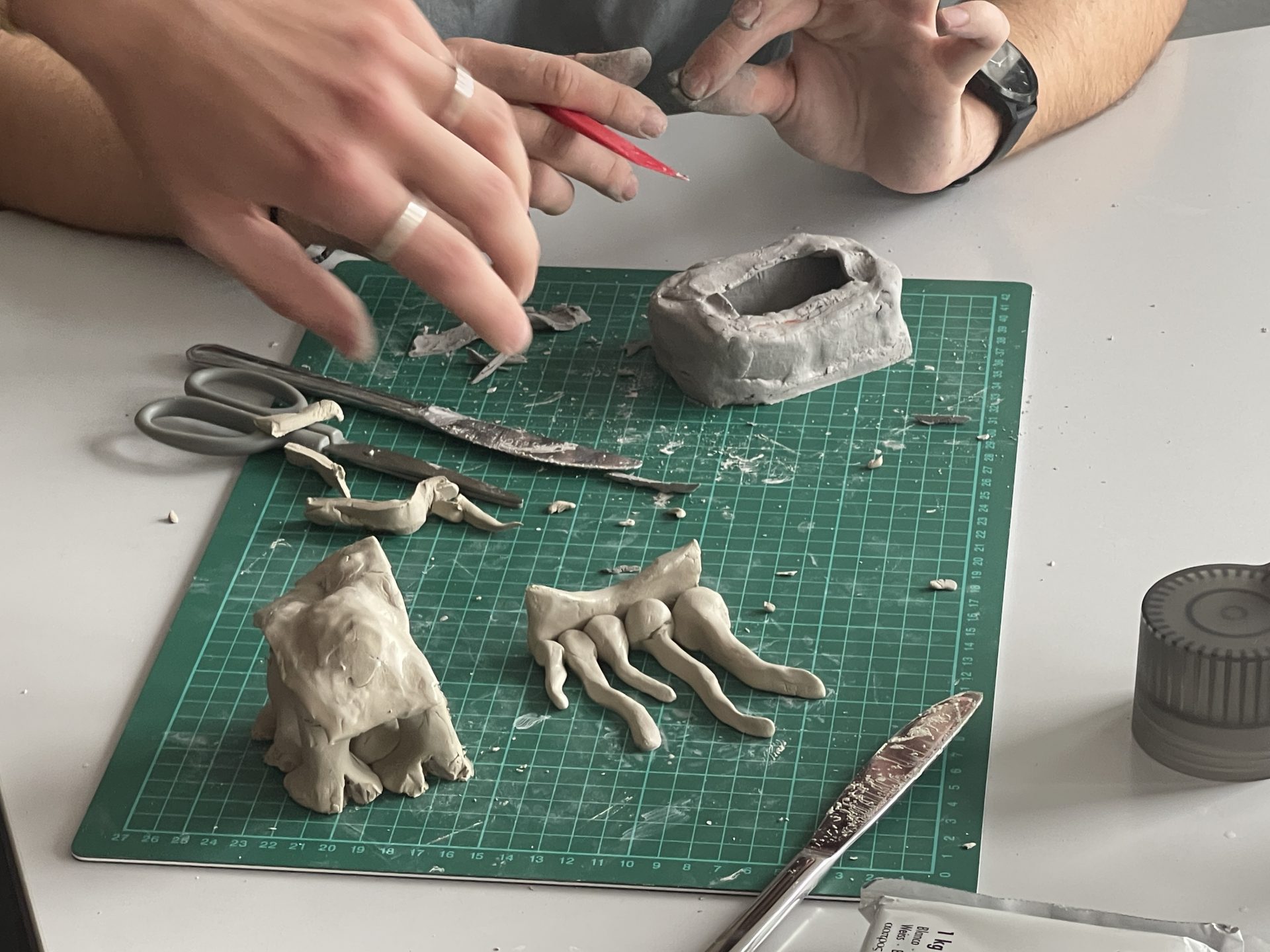
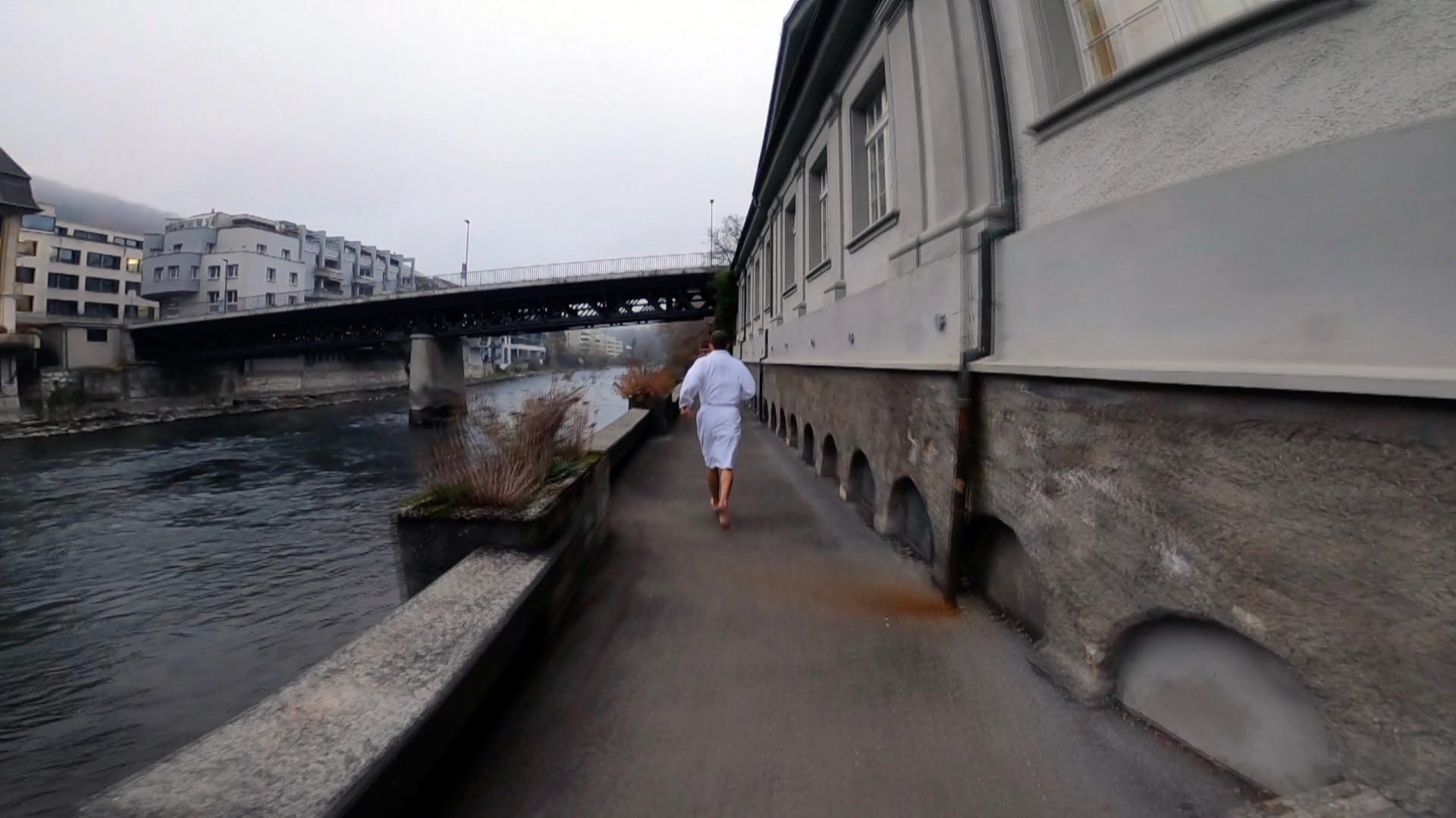
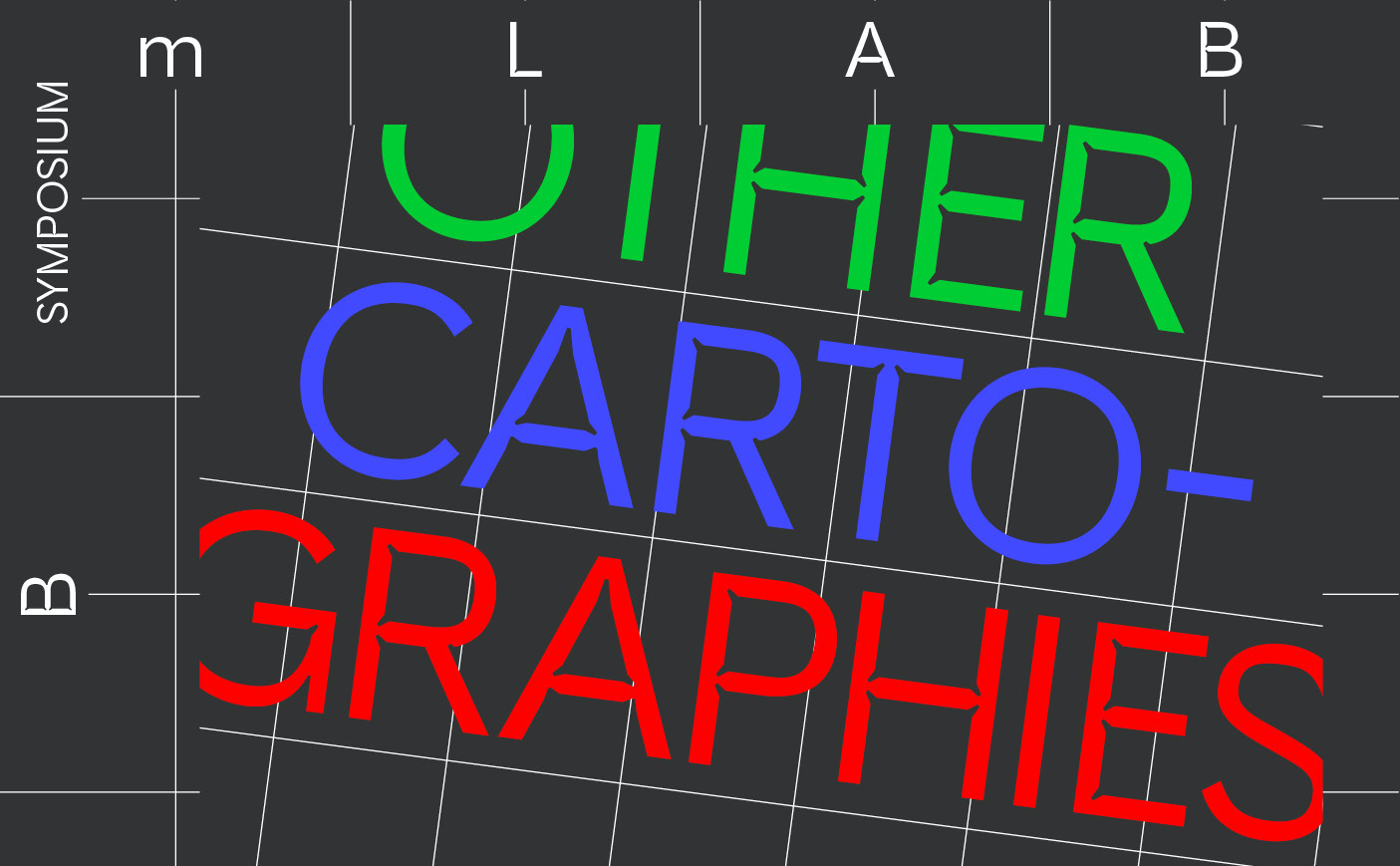

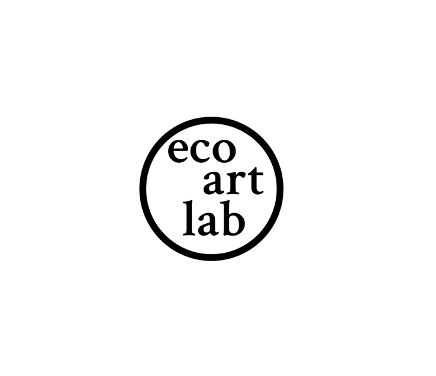

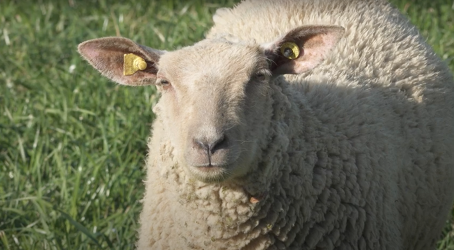

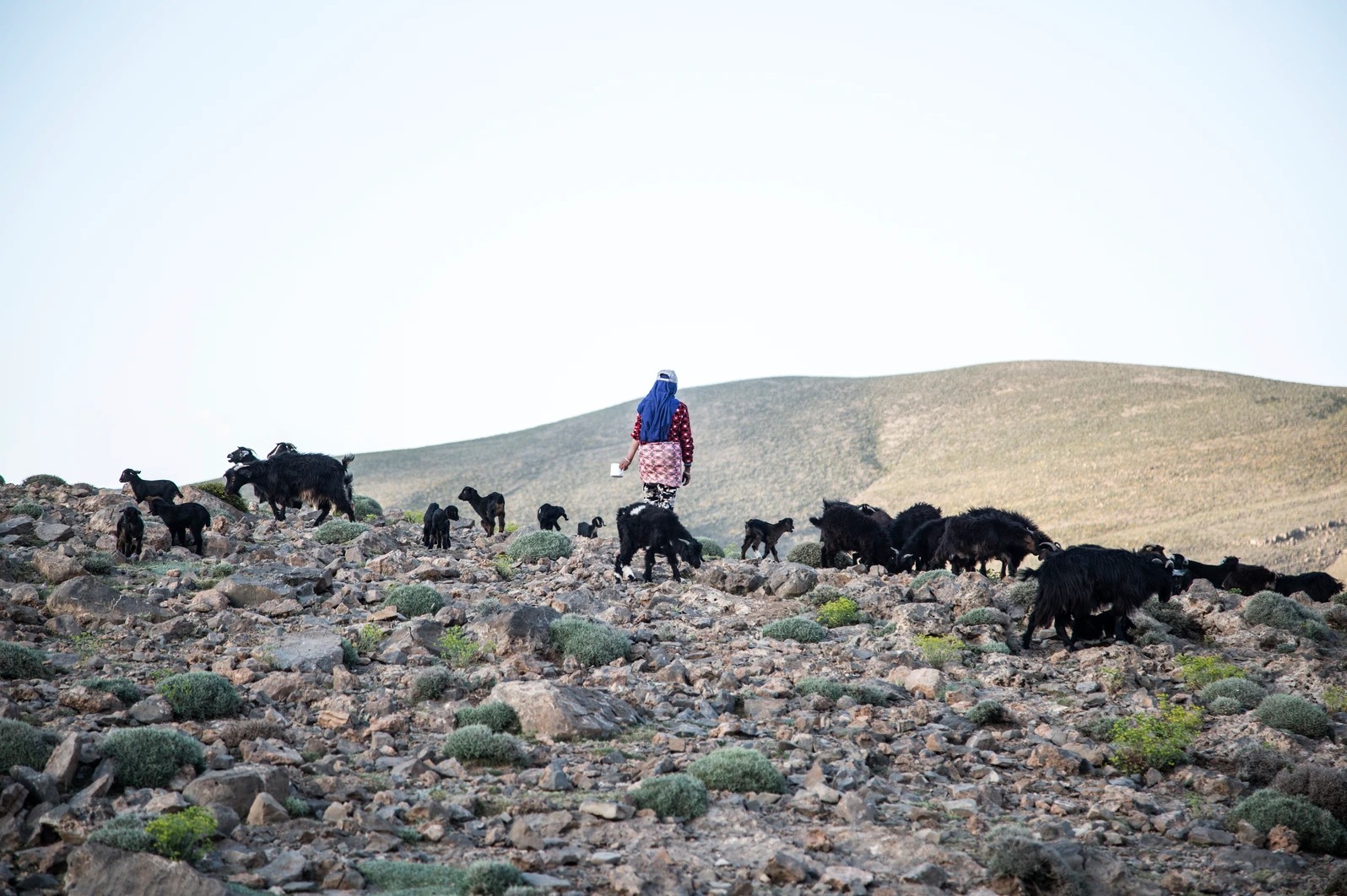


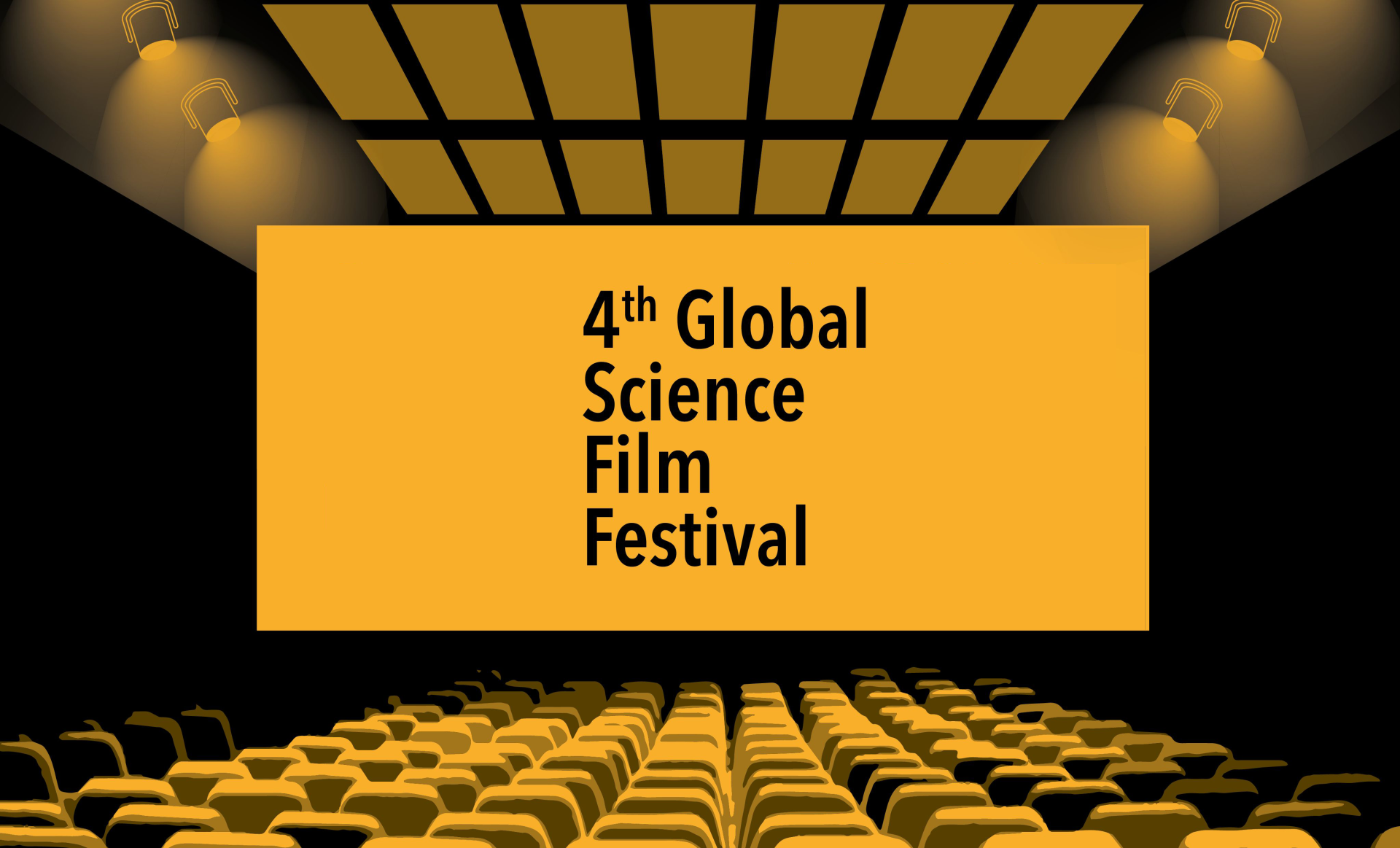
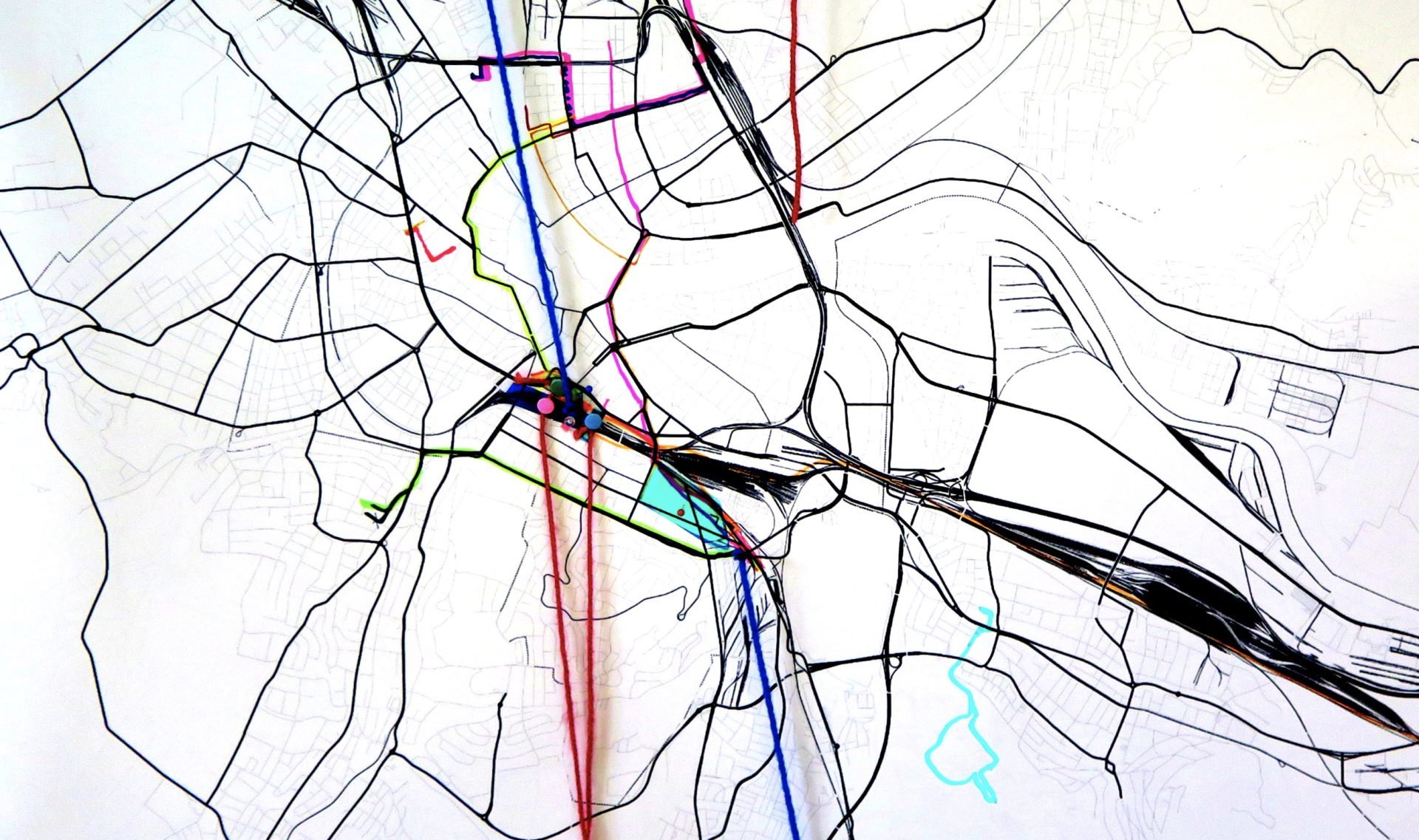

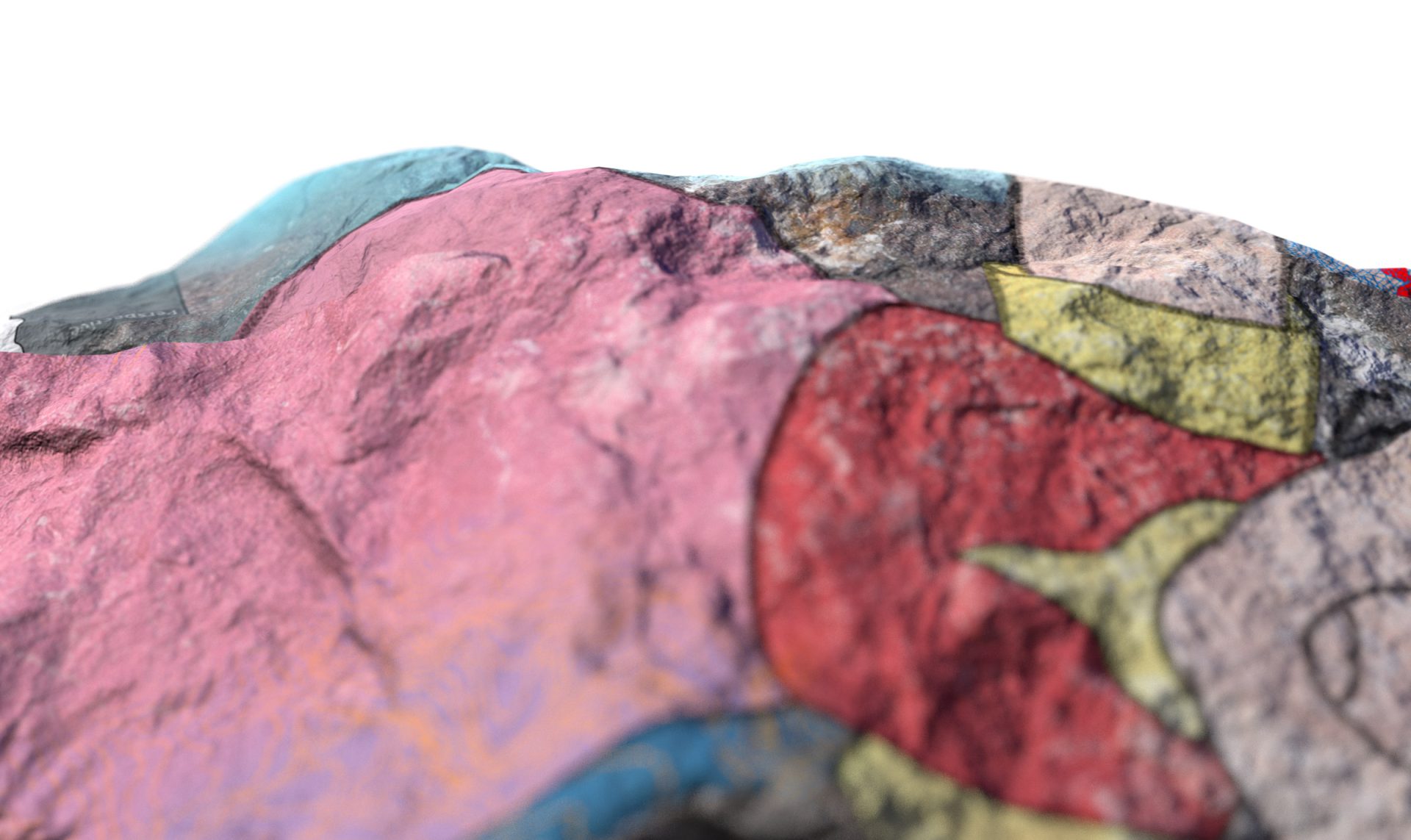


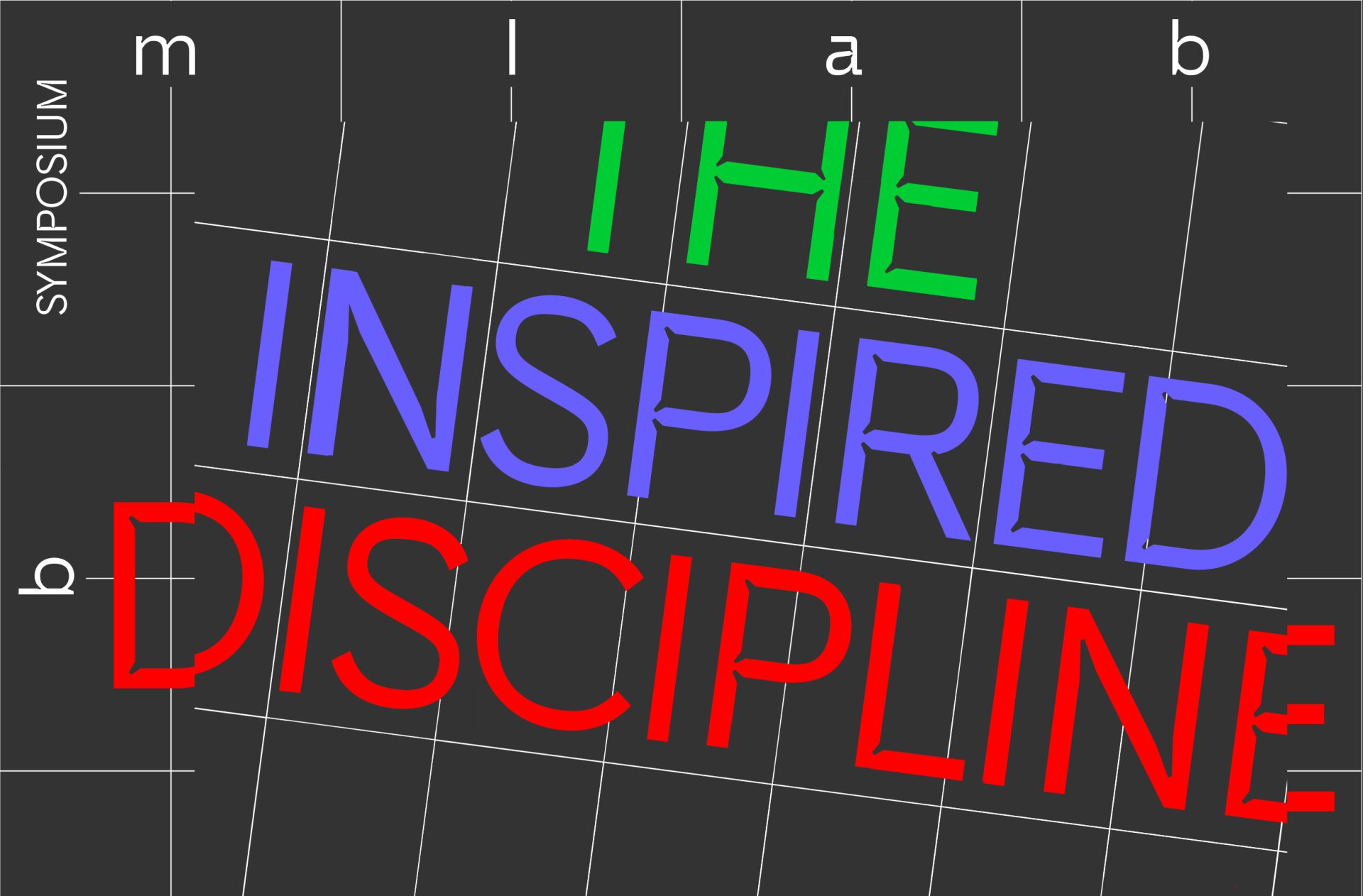
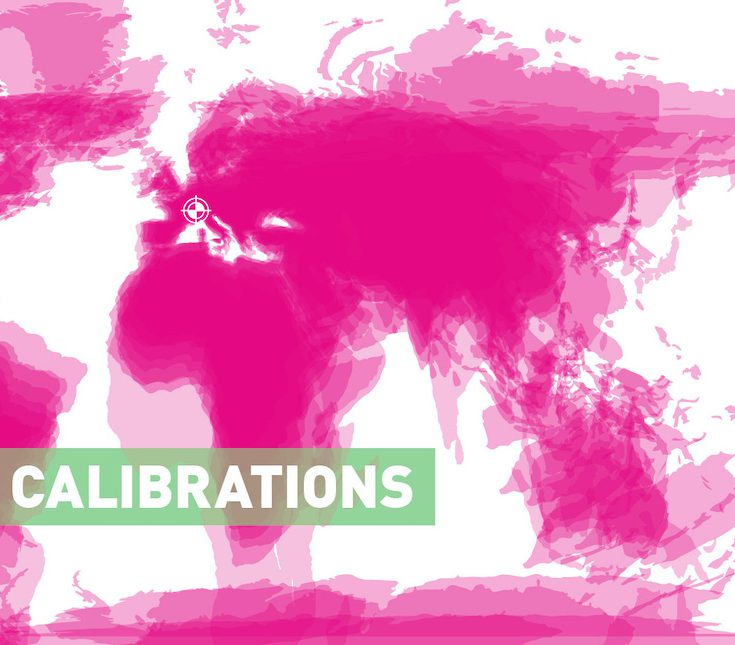

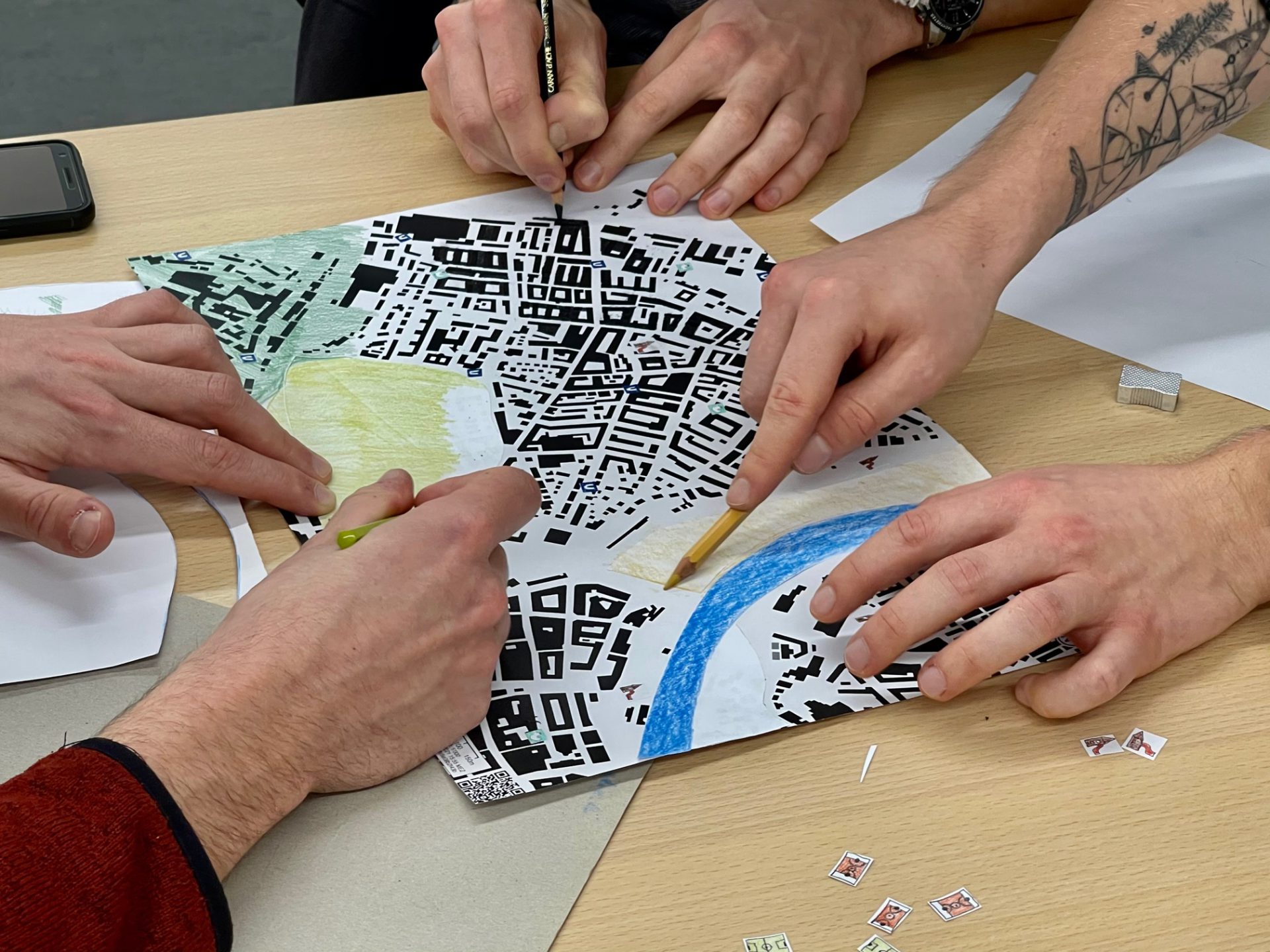

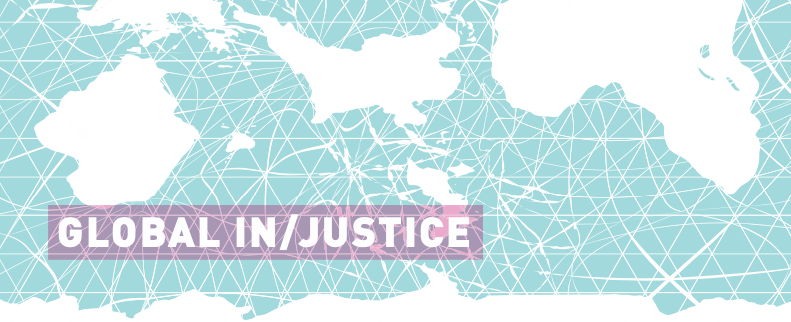
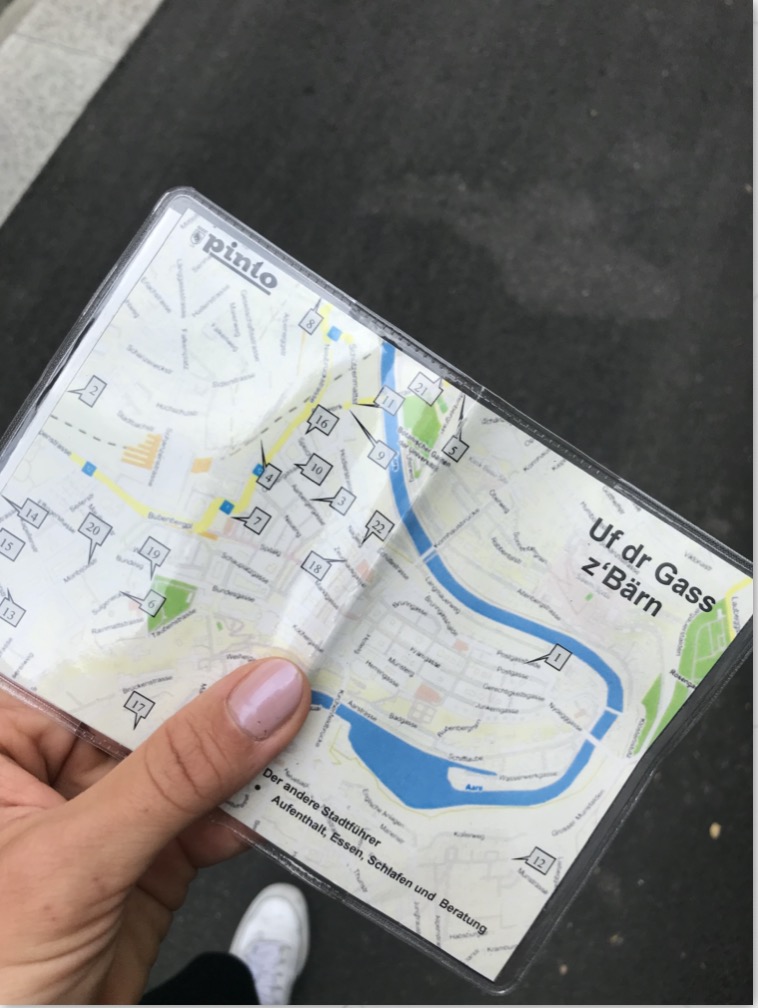
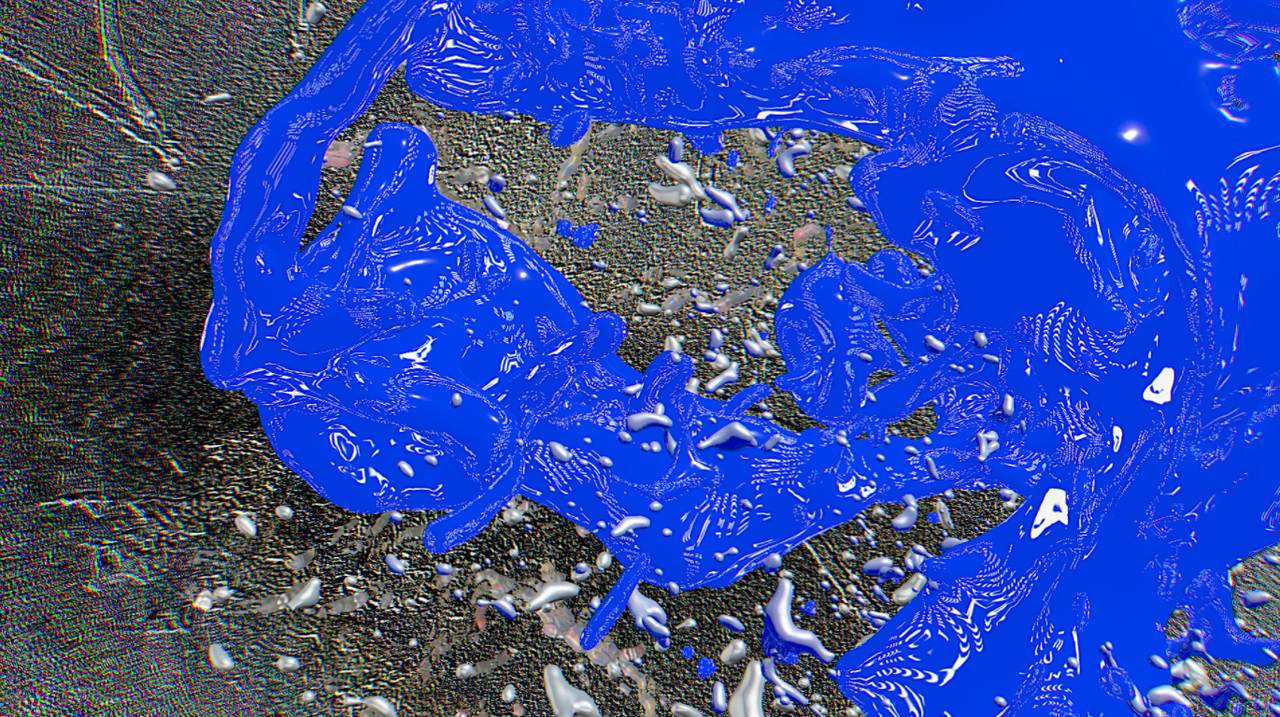


In the scope of her master’s thesis, Eileen Schilliger produced a film on the lifeworld of shepherds in Switzerland and won the second place of the Swiss Society of Applied Geography (SGAG) price of 2022.
The film can be watched here (German).
The numbers of wandering winter shepherds in Switzerland has been decreasing in previous years. Nevertheless, the shepherds play an essential role in the debate concerning sustainable land management. Their personal knowledge about the maintaining of the grassland should be preserved for next generations and also for contributing to intergenerational justice regarding sustainable development. Therefore, it is essential to understand the question if and how this occupation will sustain in the future and further, how their knowledge will be transmitted. Thus, this master thesis tried to answer that question using the relatively new method of co-production of knowledge through filmmaking.
This thesis had two goals: On the one hand, the observation and illustration of the lifeworld of three shepherds in Switzerland. On the other hand, co-producing a film in collaboration with those shepherds and thus, to share their experiences and knowledge with a broad public. Consequently, this thesis shows the potential of film as a research and communication method in Geography for collaborative transdisciplinary work. Co-production of knowledge through filmmaking of the lifeworld of shepherds in Switzerland was the main methodological focus. Not the film per se, rather the filmmaking process in which the shepherds were involved was at the core of the research process. 21 days of field research with collaboration and filming resulted in a 57-minute film. During this process, different forms of knowledge could be elaborated, stored, and filmmaking provides access to this knowledge to the shepherds themselves, but also for a broad audience. The generated knowledge can also be made accessible for future generations and thus, contribute to intergenerational justice.
This master thesis shows the methodological potential of film as medium of communication, but especially as a research tool. Co-production of knowledge through filmmaking has potential for transdisciplinary collaboration over different areas. This is important, to build bridges between research and other areas to strive for sustainable development.
Supervisor: Prof. Dr. Susan Thieme.